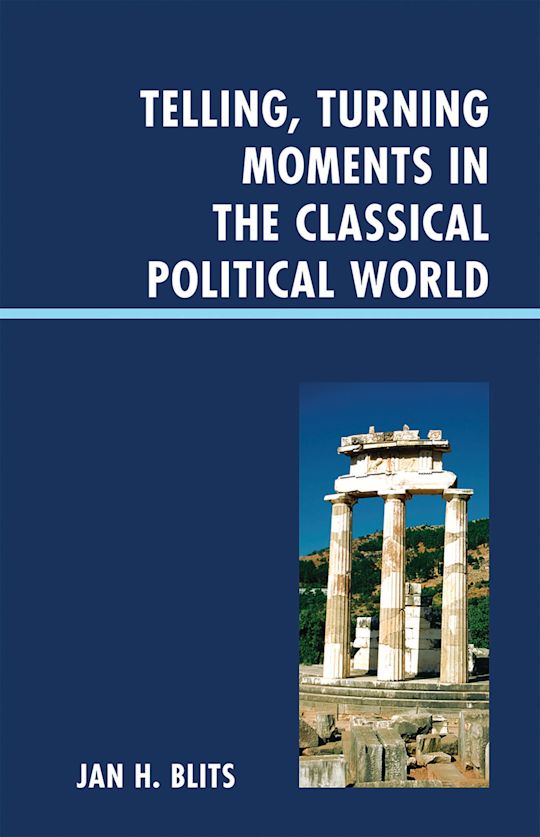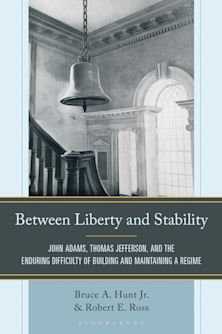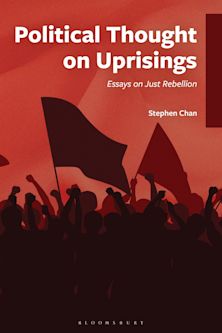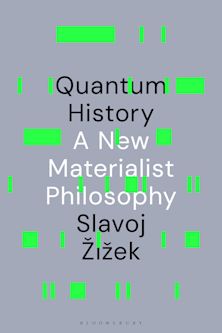- Home
- ACADEMIC
- Politics & International Relations
- Political Theory and Philosophy
- Telling, Turning Moments in the Classical Political World
Telling, Turning Moments in the Classical Political World
You must sign in to add this item to your wishlist. Please sign in or create an account
Description
Turning, Telling Moments in the Classical Political World examines developments in the classical political world which are both turning and telling moments. All the moments-from Theseus's founding of Athens to Augustus's establishment of the Principate-possess the double character of being turning points and revealing fundamental aspects of the ancient political world.
While most books on ancient history are chiefly concerned with questions of literary sources and historical accuracy, this book deals with the significance of the facts and reports themselves. Blits treats the ancient histories as works of reflection rather than works of research. Instead of focusing on whether, or how, the ancient historians meet the professional standards of present-day historiography, Blits reveals the way they themselves understand-and intend us to understand-the ancient world.
Table of Contents
2 1. Athens and Rome: Plutarch's Theseus and Romulus
3 2. Redeeming Lost Honor: Shakespeare's Rape of Lucrece
4 3. The End of the Noble
5 4. No Middle Way, No Second Way: Rome and the Caudine Forks
6 5. The Politics of Authority and Rhetoric in Republican Rome
7 6. Political Murder in Rome
8 7. Power without Office, Office without Power: Augustus's Principate
9 Afterword: Greece versus Rome
10 Appendix: Greece and Rome Timeline
11 About the Author
Product details
| Published | Dec 28 2010 |
|---|---|
| Format | Ebook (Epub & Mobi) |
| Edition | 1st |
| Extent | 192 |
| ISBN | 9780739164518 |
| Imprint | Lexington Books |
| Publisher | Bloomsbury Publishing |
About the contributors
Reviews
-
This engrossing book succeeds in its plan of presentation as well as in its interpretative vision. Selected events of Greek and Roman antiquity are presented in terms of 'turning moments,' each flushed out with memorable detail and each resonating with crucial human and political significance. The thesis that Athens and Rome are mutually illuminating opposites, related as poetry to prose, adds a unifying tenor. This is a thoughtfulhistory.
Eva Brann, St. John's College, Annapolis



































